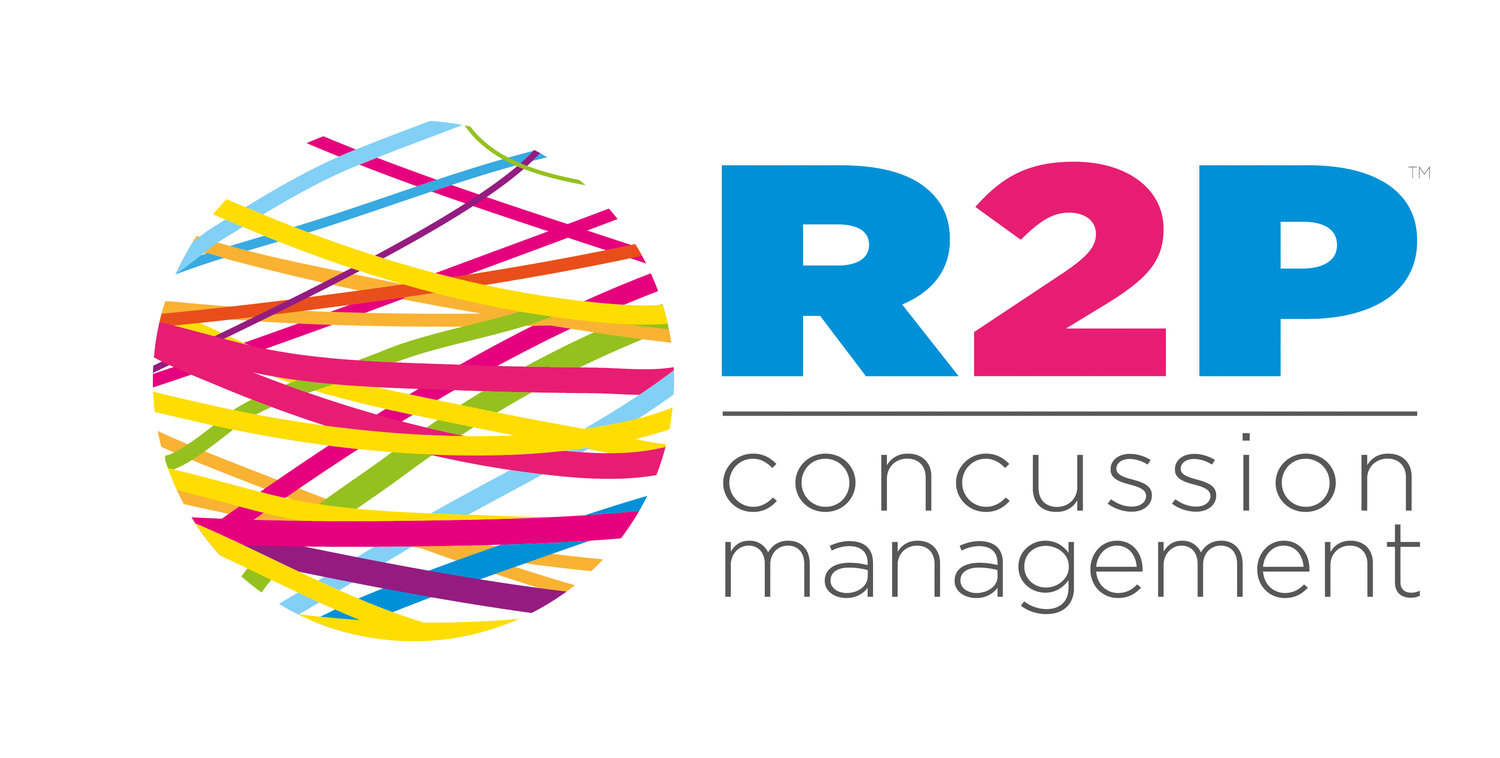What is a concussion?
The following may be symptoms of a concussion...
Headache
"Pressure in head"
Neck Pain
Nausea or vomiting
Dizziness
Blurred vision
Balance problems
Sensitivity to light
Sensitivity to noise
Feeling slowed down
Feeling like "in a fog"
"Don't feel right"
Difficulty concentrating
Difficulty remembering
Fatigue or low energy
Confusion
Drowsiness
More emotional
Irritability
Sadness
Nervous or anxious
Trouble falling asleep
All individuals who experience a head injury should be followed by a physician. A diagnosis of concussion is based on multiple tools, which often include patient reported symptoms, neurocognitive tests, measures of balance, reaction time, and an assessment of the cervical spine.
Anyone experiencing the following symptoms should Call their doctor or go to the nearest hospital immediately if any of the following occur after an injury to the head:
change in behaviour
vomiting
worsening headache
double vision
excessive drowsiness
References:
Evans, M. (2014,August). Concussion Management and Return to Learn. Retrieved from https://www.youtube.com/watch?v=_55YmblG9YM.
McCrory, P., Meeuwisse, W., Dvorak, J., Aubry, M., Bailes, J., Broglio, S., ... & Davis, G. A. (2017). Consensus statement on concussion in sport—the 5th international conference on concussion in sport held in Berlin, October 2016. Br J Sports Med, bjsports-2017.
Ontario Neurotrauma Foundation. (2013). Guidelines for concussion/mild traumatic brain injury & persistent symptoms : for adults (18+ years of age) Vol. 2nd edition.. Retrieved from http://onf.org/system/attachments/223/original/ONF_mTBI_Guidelines_2nd_Edition_COMPLETE.pdf
